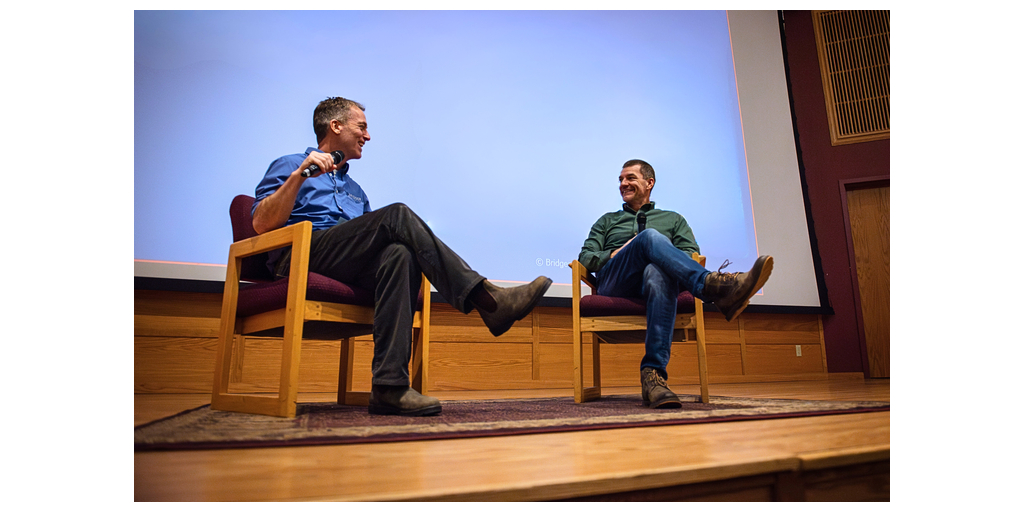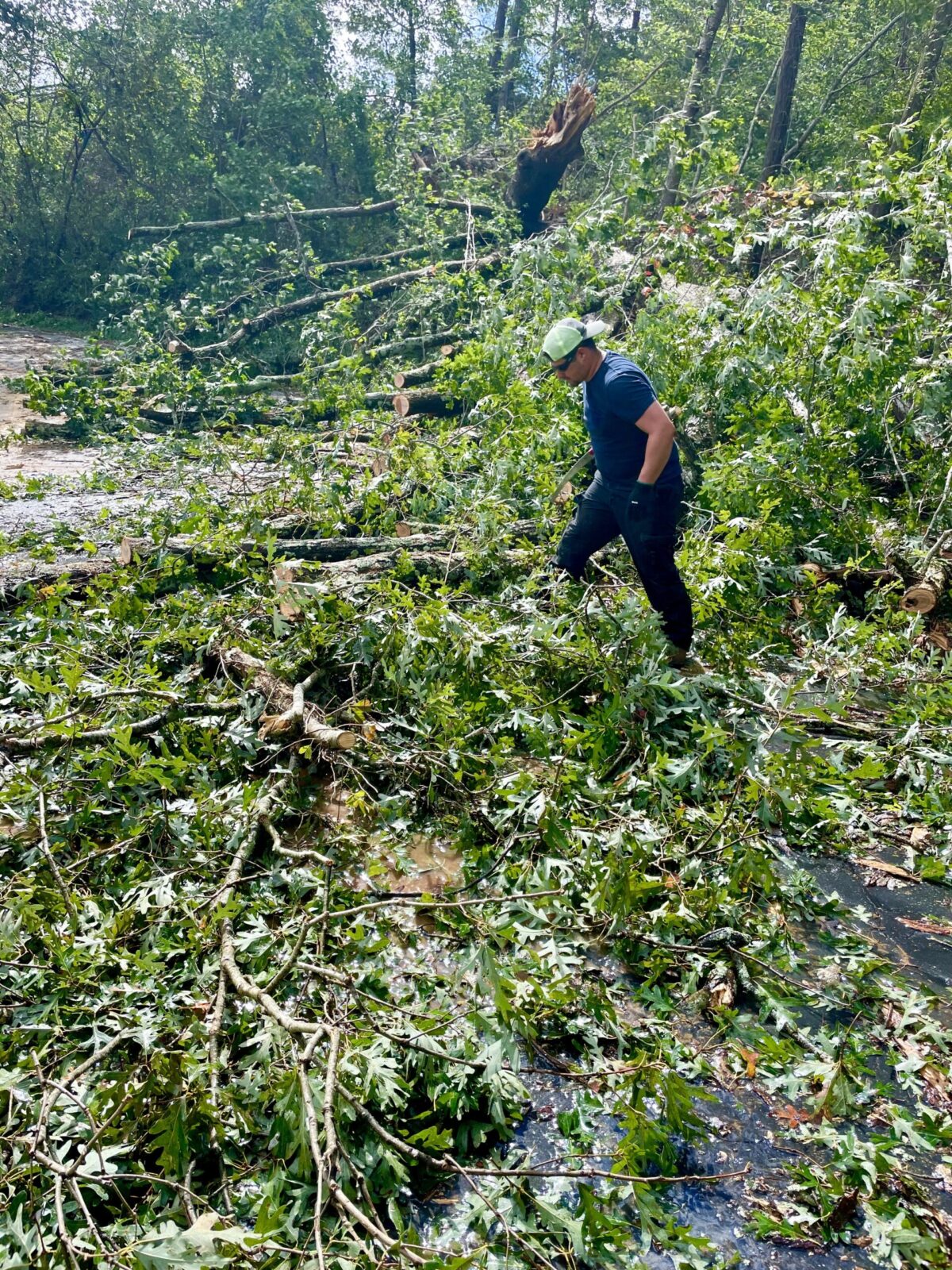
On July 29, 2025, rational thinking was officially de-emphasized by the failed US administration. That’s the day the Department of Energy issued a report entitled A Critical Review Of Impacts Of Greenhouse Gas On The US Climate. That report declares there is no such thing as too much carbon dioxide. Here are the major findings of that report, as presented by the Department of Energy on its website, which says the report:
- Reviews scientific certainties and uncertainties in how anthropogenic emissions of CO2 and other GHGs have affected, or will affect, the Nation’s climate, extreme weather events, and metrics of societal well-being.
- Assesses the near-term impacts of elevated concentrations of CO2, including enhanced plant growth and reduced ocean alkalinity.
- Evaluates data and projections regarding long-term impacts of elevated concentrations of CO2, including estimates of future warming.
- Finds that claims of increased frequency or intensity of hurricanes, tornadoes, floods, and droughts are not supported by U.S. historical data.
- Asserts that CO2-induced warming appears to be less damaging economically than commonly believed, and that aggressive mitigation policies could prove more detrimental than beneficial.
- Finds that U.S. policy actions are expected to have undetectably small direct impacts on the global climate and any effects will emerge only with long delays.
Among the many irresponsible claims made in the report, the DOE says “the growing amount of carbon dioxide in the atmosphere directly influences the earth system by promoting plant growth (global greening), thereby enhancing agricultural yields, and by neutralizing ocean alkalinity.”
In other words, the problem is not that the oceans are getting more acidic. The problem is that they were way too alkaline for a long time and all that extra dissolved carbon dioxide is making that problem go away. Hooray! Our oceans aren’t alkaline anymore thanks to humans spewing hundreds of billions of tons of carbon dioxide into the atmosphere over the past 150 years or so.
As for the claim that carbon dioxide is good for plants and crops, that is true. It is a basic part of the photosynthesis process. But if you have ever had a garden, you know it must have enough water or your tomatoes won’t grow. You also know if your garden is underwater all the time, your tomatoes won’t grow either. The secret is not to have an unlimited amount of water, it is to have just the right amount. Maybe no one it this maladministration has ever had a garden?
The report also claimed that human caused climate change “appears to be less damaging economically than commonly believed,” and “aggressive mitigation strategies could be more harmful than beneficial.” Yes, and not only that, up is down, black is white, and arbriet macht frei.
Carbon Dioxide Report Written By Climate Deniers
What’s going on here? Why are we back to the days of believing that if you sail too far into the ocean, you will fall over the edge and into the abyss? It starts with the so-called authors of the report — John Christy, Judith Curry, Steven Koonin, Ross McKitrick, and Roy Spencer. All were handpicked by alleged Energy Secretary Chris Wright and all are known to be climate science deniers.
According to Science Advisor, the report, which was hurriedly assembled in just a few months, claims some of the warming attributed to burning fossil fuels is actually attributable to natural geological cycles or variability in the energy received from the sun. In addition, it says sea levels are not rising, as apparently the melt water from the Earth’s glaciers and polar ice caps just flows into outer space. Perhaps it is being trapped by Jupiter, which is known to have a powerful magnetic field?
Actual climate researchers told Science Advisor the authors cherry-picked evidence and highlighted uncertainties to achieve the net effect of downplaying the impacts of climate change. “This shows how far we have sunk,” said Naomi Oreskes, a historian of science at Harvard University. “Climate denial is now the official policy of the U.S. government.”
It amounts to a “law brief from attorneys defending their client, carbon dioxide,” said Andrew Dessler, a climate scientist at Texas A&M University, on Bluesky. “Their goal is not to weigh the evidence fairly but to build the strongest possible case for [carbon dioxide’s] innocence. This is a fundamental departure from the norms of science.”
In a blog post, Judith Curry, one of the authors and president of the Climate Forecast Applications Network, acknowledged the report wasn’t comprehensive, given the time constraints. “We selected topics that we judged to be of particular importance and relevance in the context of U.S. climate and energy policy deliberations.” She also said the report was reviewed by eight scientists or administrators at DOE and added that she hoped the report would redirect climate science “away from alarmism and advocacy.”
The report she co-wrote flies in the face of most published scientific research on anthropogenic climate change as reflected on the most recent Intergovernmental Panel on Climate Change assessment, the European Climate Risk Assessment, and the US government’s Fifth National Climate Assessment, which was released in 2024. Three months ago, the US government fired everyone working on the next climate assessment.
A Familiar Pattern
Ben Sanderson, a climate scientist at CICERO, wrote on Bluesky that the report follows a familiar pattern among climate deniers. “Establish a contrarian position, cherry pick evidence to support that position, then claim that this position is under-represented in climate literature.” In the case of global sea level rise, for example, it focuses on the noisy data from tide gauges, rather than the clear picture of accelerating sea level rise seen with satellite altimeters.
Michael E. Mann, the director of the University of Pennsylvania’s Center for Science, Sustainability, and the Media, told Inside Climate News the Trump report was typical of the relatively small number of scientists who deny the seriousness of climate change.
”All they’ve done is recycle shopworn, discredited climate denier arguments,” Mann said in an email. “They constructed a deeply misleading anti-scientific narrative, built on deceptive arguments, misrepresented datasets, and distortion of actual scientific understanding. Then they dressed it up with dubious graphics composed of selective, cherry-picked data. There is nothing scientific about this report whatsoever.”
Zeke Hausfather, a research scientist at the climate nonprofit Berkeley Earth, told WIRED in an email, “I’m a bit surprised that the government put out something like this as an official publication. It reads like a blog post — a somewhat scattershot collection of oft-debunked skeptic claims, studies taken out of context, or cherry-picked examples that are not representative of broader climate science research findings.”
But Chris Wright, the head of the DOE who made his fortune in the fracking business, was ebullient in his praise for the fake report. He said on Faux News the day the report was released, “The goal is to restore confidence in science, in data, in rationalism. That’s what enabled the creation of modern science. We slid back into sort of a cancel culture, Orwellian squelching of science in talking about ‘the’ science, as opposed to the process that is science. We need to restore some common sense around climate change and energy.”
Actually, there is plenty of common sense on climate change, but it is now being expunged from official US government thinking as those in power continue on their path of preventing the US from ever becoming a great nation again. At this point, the best the US can hope for is a measure of benign neglect from the other nations of the world.
Sign up for CleanTechnica’s Weekly Substack for Zach and Scott’s in-depth analyses and high level summaries, sign up for our daily newsletter, and follow us on Google News!
Have a tip for CleanTechnica? Want to advertise? Want to suggest a guest for our CleanTech Talk podcast? Contact us here.
Sign up for our daily newsletter for 15 new cleantech stories a day. Or sign up for our weekly one on top stories of the week if daily is too frequent.
CleanTechnica uses affiliate links. See our policy here.
CleanTechnica’s Comment Policy




